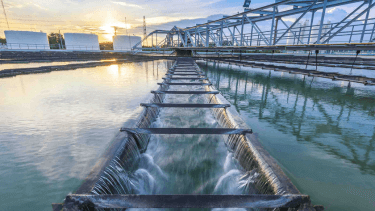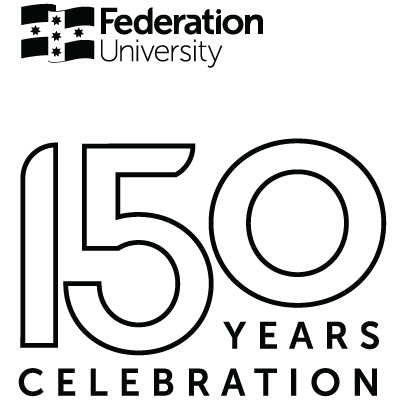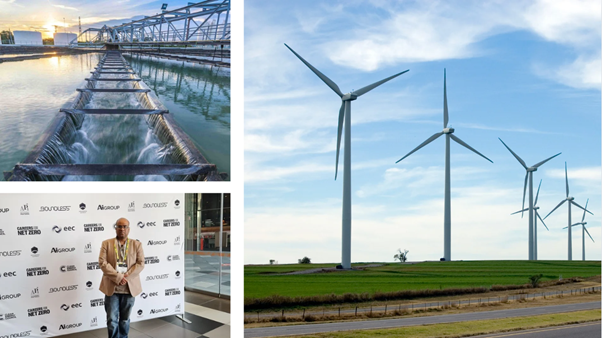Creating power grids of the future

Sponsored by

Sponsored by

Modern power grids are undergoing a revolution. Coal, oil and gas technologies are being phased out in favour of renewable energy sources and there’s an increasing uptake of large-scale battery storage and electric cars.
That’s good news for combatting the climate crisis. But with so many more energy variables to juggle, it can be tricky balancing supply and demand to prevent catastrophic blackouts.
Dr Rakibuzzaman Shah has spent his career researching smarter ways to get that balance right. The Associate Professor in Smart Power Systems Engineering at Federation University brings his years of expertise to Federation’s Centre for New Energy Transition Research (CfNETR). Here, he researches the power grids of the future.

That work is gaining recognition on a global scale. Qatar University recently partnered with CfNETR to find innovative ways to diversify electricity generation, reduce the reliance on fossil fuels, and bolster energy security.
Work is already underway, with two PhD students soon to join the project. Among other issues, they’ll investigate using machine learning to develop more accurate forecasting methods that predict how renewable energy sources integrate with power grids.
“We need to know what will happen in the next day, or hour, or five minutes, so we can maintain balance across the energy network,” Dr Shah says.
“Applying those predictive algorithms with minimal error is critically important. Then, they can be generalised and adopted anywhere in the world.”
Closer to home, CfNETR researchers are collaborating with Victorian local governments to address Australia's energy-transition challenges amid coal-fired plant closures and increasing electric vehicle uptake.
Power infrastructure becomes less reliable and more vulnerable to extreme weather events as it ages, representing a big challenge for Australia.
“We need to make our energy systems more resilient to extreme weather, while also managing the transition to more renewable energy sources,” says Dr Shah.
That means plenty of opportunities for researchers to tackle real-world problems with lasting impacts, from regional to global scales. Dr Shah says it’s hard work, but Federation’s leading reputation is proof that it’s making a difference.
Looking to further your career in smart power systems engineering? Contact Assoc Prof Rakibuzzaman Shah at m.shah@federation.edu.au.